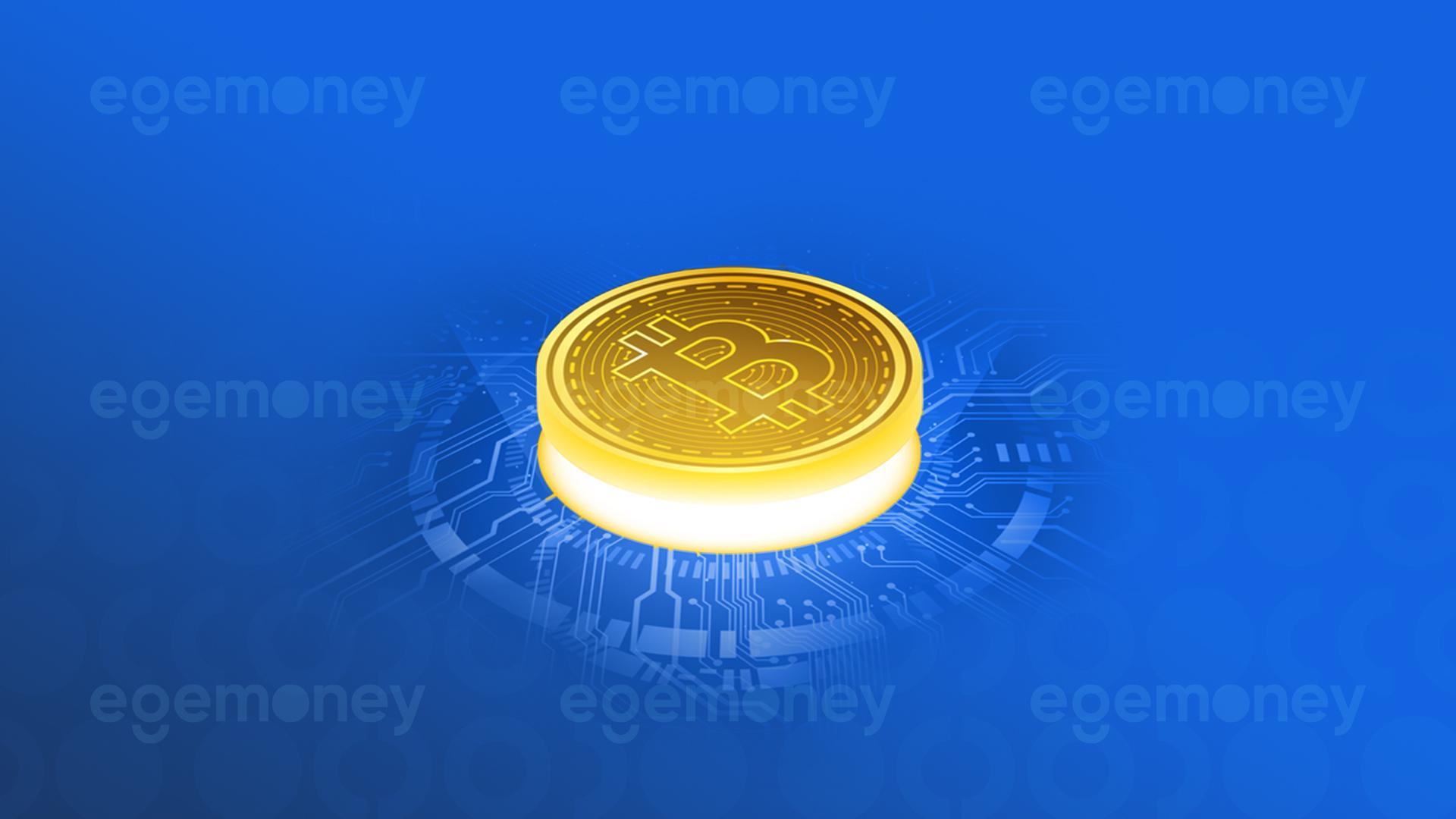The cryptocurrency ecosystem is supported by a large number of blockchain networks. Each network has its own unique infrastructure, usage scenarios, and advantages. Among the most popular networks are Bitcoin, Binance Smart Chain (BEP20), and Ethereum (ERC20). These networks ensure that transactions take place quickly and securely, and it is important to remember that each has its own different features and potential challenges.
What is the Bitcoin Network? How Does It Work?
Bitcoin is the pioneer of cryptocurrencies and was launched in 2009 as the first blockchain-based network. The Bitcoin network operates with a proof-of-work (PoW) mechanism. Miners solve complex mathematical problems to create new blocks and add them to the blockchain. This process ensures that Bitcoin transactions occur reliably and securely without a central authority.
Advantages of Making Bitcoin Transactions with the Bitcoin Network Anonymity
- The Bitcoin network provides users with a certain level of anonymity.
- Security: Thanks to high-level encryption and consensus mechanisms, transactions are kept safe.
- Global Access: The Bitcoin network can be accessed from anywhere with internet.
- Low Transaction Fees: In most cases, the Bitcoin network offers lower transaction fees compared to traditional banking systems.
Disadvantages of Making Bitcoin Transactions with the Bitcoin Network
- High Energy Consumption: Bitcoin mining has serious energy consumption.
- Volatility: The price of Bitcoin is highly volatile, which increases investment risk.
- Not Suitable for Small-Scale Transactions: High network usage can increase fees for small-scale transactions.
What is Bep20 (Binance Smart Chain)? How Does It Work?
Binance Smart Chain (BSC) is a blockchain network developed by Binance. It uses the BEP20 token standard and allows for the creation of smart contracts. BSC operates with a proof-of-stake-authority (PoSA) consensus mechanism, providing lower transaction fees and faster confirmation times.
Advantages of Making Bitcoin Transactions with Bep20
- Low Transaction Fees: BEP20 offers much lower transaction fees.
- Fast Transactions: Block time is quite short, allowing transactions to occur more quickly.
- Smart Contracts: Thanks to smart contract technology, complex and custom transactions can be easily created.
Disadvantages of Making Bitcoin Transactions with Bep20
- Centralization: Because BSC has a centralized structure, it may have security issues.
- Limited Anonymity: Binance Smart Chain does not offer complete anonymity.
What is the Ethereum Network (ERC20), How Does It Work?
Ethereum is a blockchain platform launched in 2015. Smart contract technology and the ERC20 token standard make Ethereum a versatile and comprehensive platform. The Ethereum network can use various consensus mechanisms, such as proof-of-stake (PoS) or proof-of-work (PoW).
How to Deposit and Withdraw Bitcoin with ERC20?
Bitcoin can be converted into Ethereum-based ERC20 tokens and transactions can be carried out using an ERC20-compatible wallet. Decentralized exchanges or bridge services can be used for these transactions.
Advantages of Making Bitcoin Transactions with ERC20
- Flexibility: The Ethereum network has a wide range of DApps and smart contract ecosystems.
- Security: Provides security with high-level encryption and consensus mechanisms.
- Low Transaction Fees: With Ethereum 2.0, transaction fees have significantly decreased.
Disadvantages of Making Bitcoin Transactions with ERC20
- High Transaction Fees: In case of high network usage, transaction fees can increase.
- Complexity: Smart contracts and DApps may be complex for users.
How and Through Which Networks are Bitcoin Transactions Made on EgeMoney?
EgeMoney is a platform designed for the secure and effective execution of cryptocurrency transactions. This platform supports a variety of different networks, including Bitcoin, BEP20, and ERC20. Thanks to its user-friendly interface, transfers between networks can easily be made.








